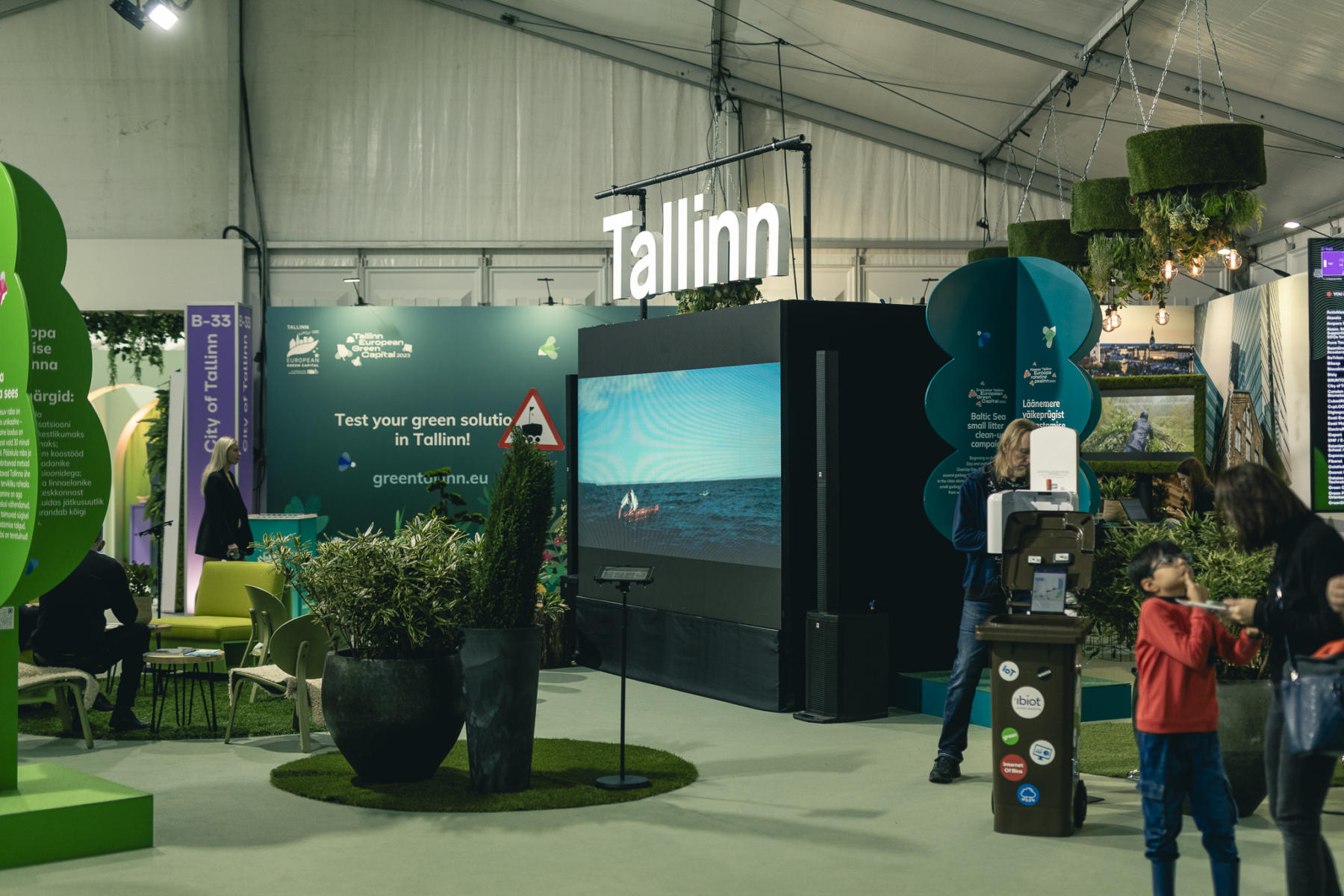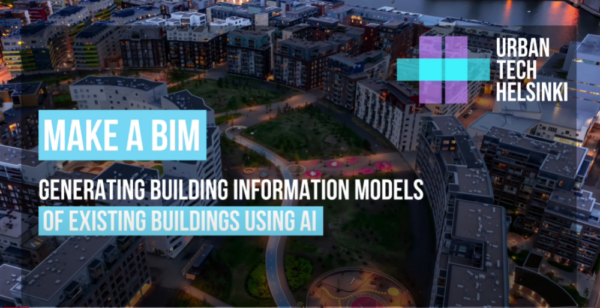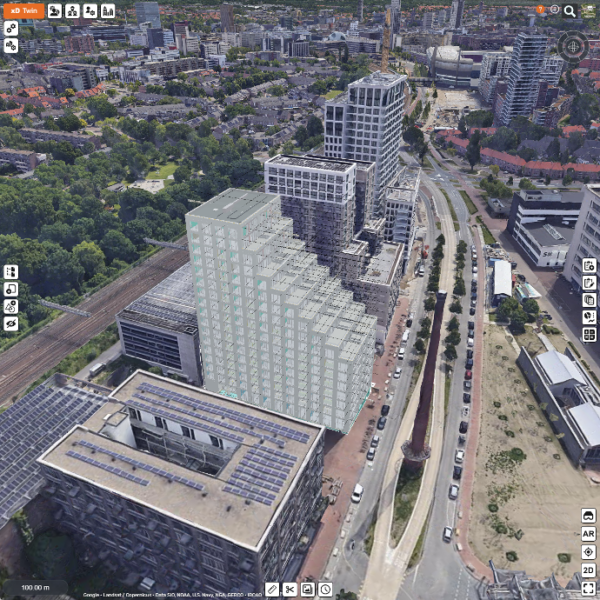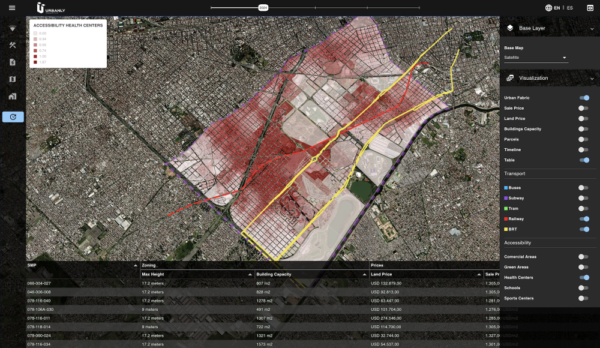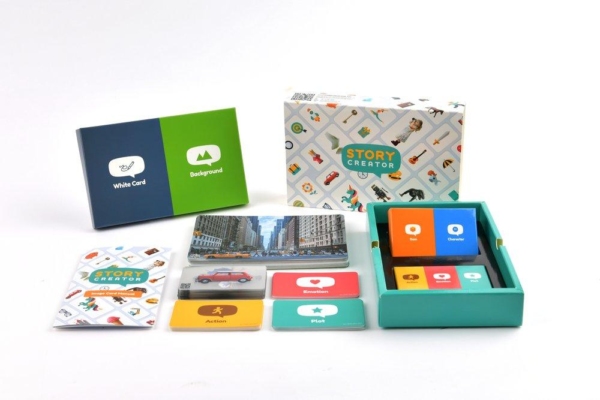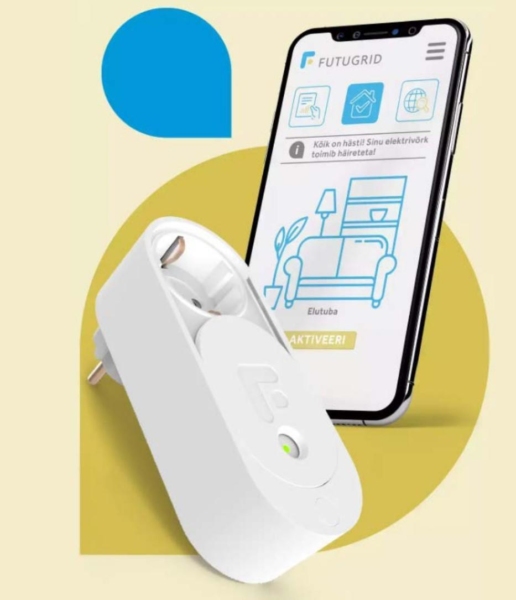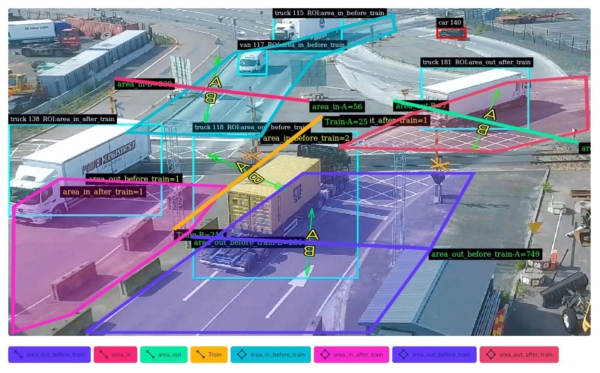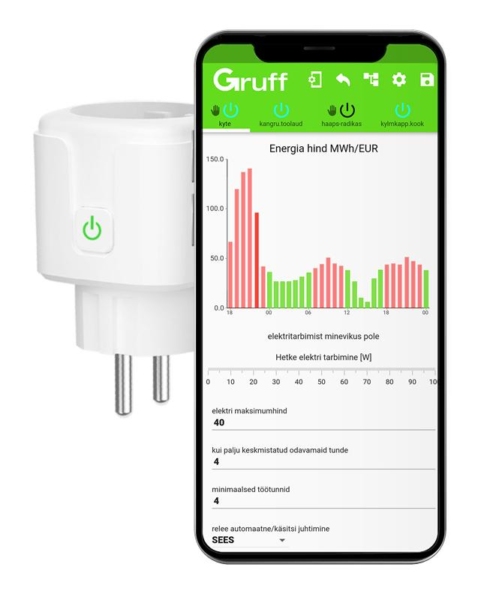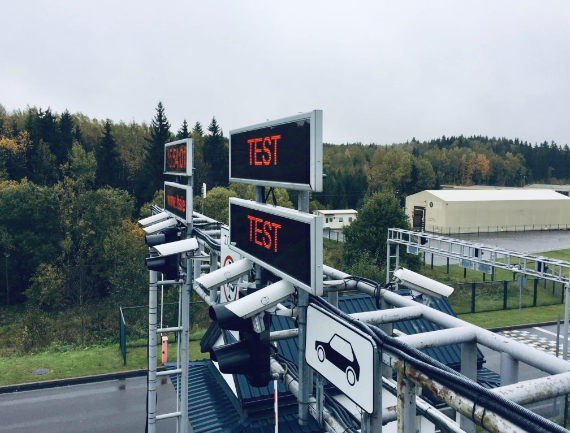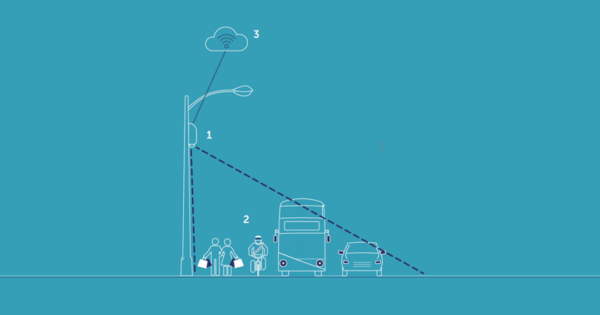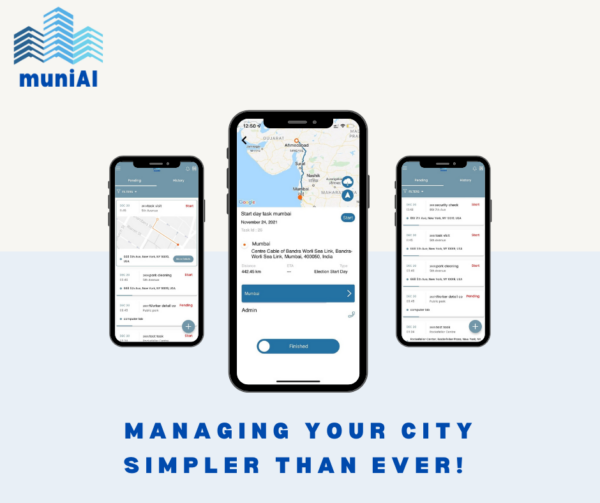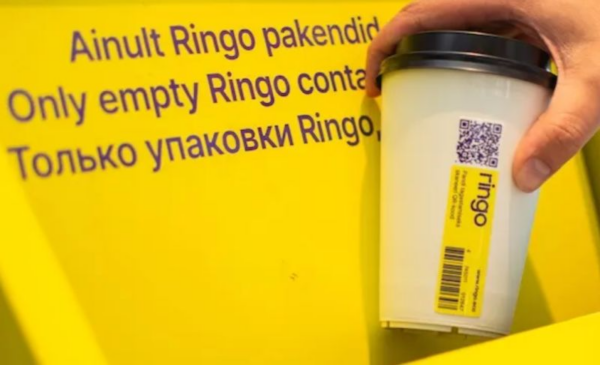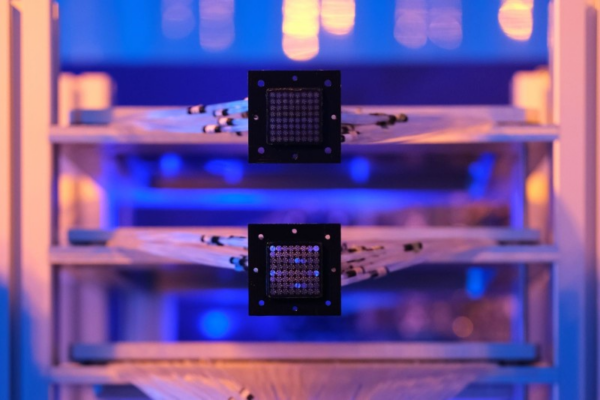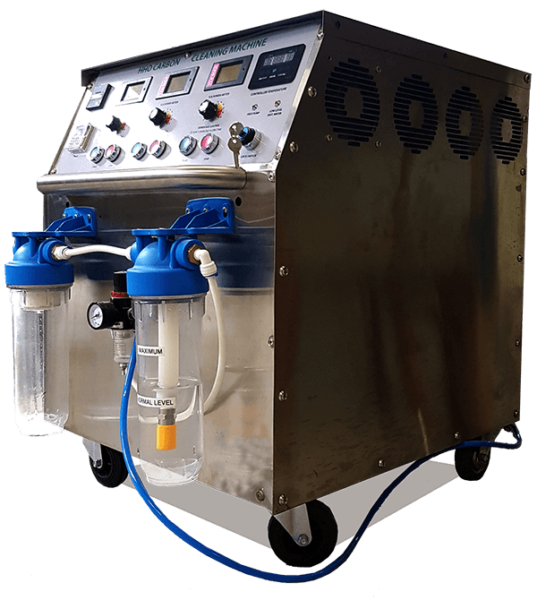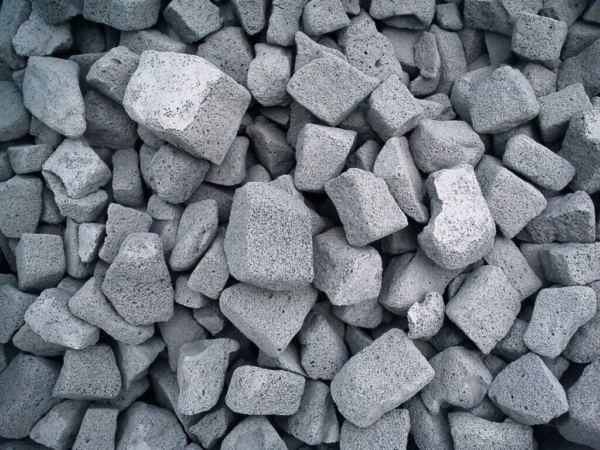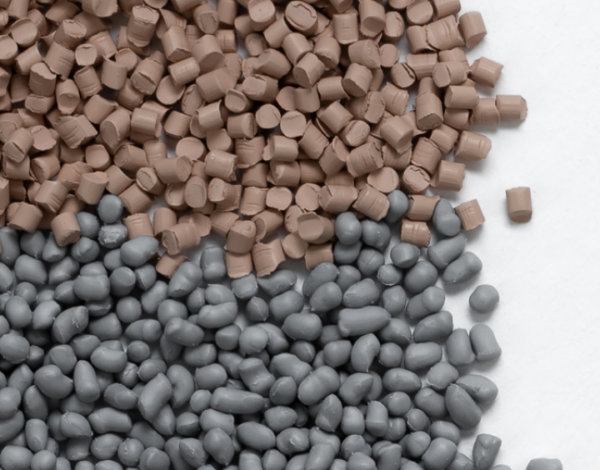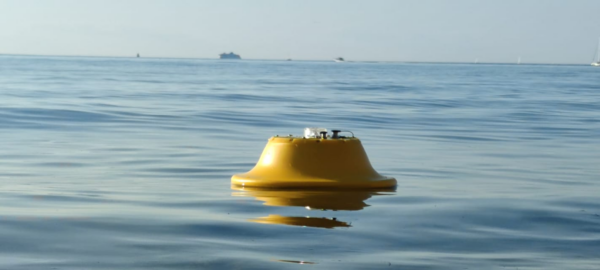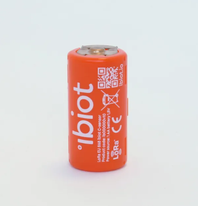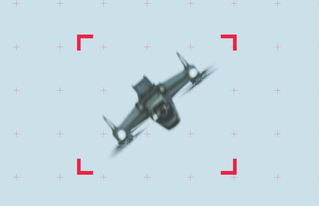In the year of the European Green Capital, Tallinn wanted to introduce our city to experts in the field and the wider world as a favourable test environment for green innovation and as a competence centre at the European level, where promoters and specialists of the city development and sustainable management model work.
Unique digital capabilities and a competitive business environment make Estonia a smart, agile location for business with global ambitions.
Tallinn as a capital of Estonia provides excellent development and experimentation opportunities for testing of new products and services, both for domestic and international companies.
A City where the future joins present
An attractive environment for (green) technology providers to test their solutions (focus areas: mobility, energy efficiency, renewable energy) in city environment with an objective to gain experience and transform their products to global success using Tallinn as a testbed.
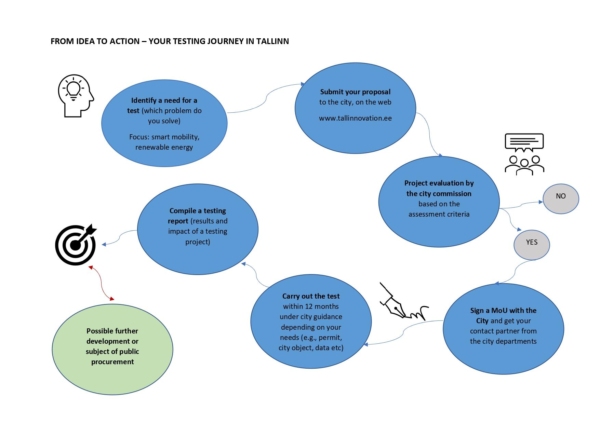
Why us?
- Citizens of Tallinn are open-minded and embracing new technologies
- Legal framework in place for testing technologies
- Our way of life is powered and protected by digitalisation
- Friendly environment for testing ideas and new product
- Easy to access – not only all the transport connections are 10 minutes from City centre but also collaboration with universities, local enterprises, public sector.
How?
We support the development and piloting of new solutions through different means. These include:
- finding the right people in the city organization for implementing pilots and assessing their usefulness
- finding suitable locations for implementing pilots from the urban environment and streets
- helping resident engagement and supporting communication and visibility of the pilots
- sharing public open data needed for testing projects
- bringing together right people for a successful project implementation
Benefits for companies
Participating in testing activities benefits companies in many ways:
- accelerates the process of developing new solutions
- provides businesses with access to real-life environments
- provides companies with a facilitated guidance in the city structures
- offers companies valuable references for scaling-up
- strengthens companies’ customer understanding.
What criteria should the tests generally fulfil?
- the tested solutions (product, service) and the operator applying for the test (company, RDI operator) have a genuine need for development
- the tested product/service solves a real challenge or offers significant improvements compared to existing solutions
- the tested solution has business potential and scalability possibilities the project team is proven, well-established and committed to action.
What is expected from the company or partner participating in the testing activities?
- interest to turn global challenges into new market opportunities
- clear description of the goals of the solution they want to test and how the experiment will serve the company’s product development or business development goals. If the solution is tested in a development environment (city property) provided by the city, the partner must commit to the successful implementation of the test with sufficient human and time resources
- technical maturity of the solution is expected to reach at least development phase (TRL 4-6), whereby technology has been validated and demonstrated in relevant environment, ready to access operational environment and deployment.
How does the City of Tallinn enable tests?
The city allows tests on a case-by-case basis. After analysing and validating the proposal with city officials and experts (based on project evaluation model) our ways of participating in the implementation of tests include e.g. assigning the right location or service unit for the tests and involving city professionals, staff and/or customer groups (if needed) in the test.
